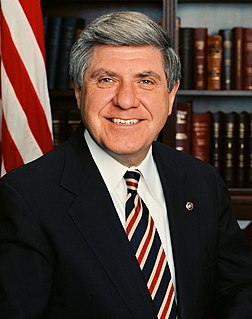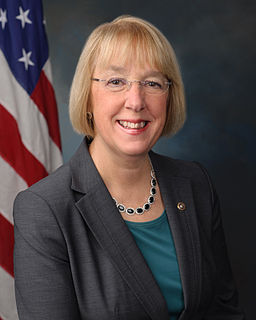A Quote by Richard Carmona
Surgeon general's job is to protect, promote and advance the health, safety and security of the nation.
Related Quotes
The surgeon general is responsible for sharing scientifically-based information with the public so that they can improve their health. But I will say personally that my goal as surgeon general is to help build a culture of prevention in America so that we are a nation that is as good at preventing illness as we are at treating it.
Our current draconian laws prohibiting the use of marijuana by responsible adults are doubly flawed. Not only does such prohibition violate fundamental freedoms but also. . . it undermines personal health and public safety. Regardless of your views on the civil liberties issues. . .another compelling justification for marijuana law reform: that it will promote health and safety for all of us, including our nation's children.
I've had opportunities before to run for office - the Republicans recruited me when I was surgeon general, to run for Congress, to run against Gov. Napolitano. But I didn't feel it was my calling... I felt, 'Well, I'm flattered, but I really would rather stay and be the doctor of the nation and stay as surgeon general.'
Human beings have a drive for security and safety, which is often what fuels the spiritual search. This very drive for security and safety is what causes so much misery and confusion. Freedom is a state of complete and absolute insecurity and not knowing. So, in seeking security and safety, you actually distance yourself from the freedom you want. There is no security in freedom, at least not in the sense that we normally think of security. This is, of course, why it is so free: there's nothing there to grab hold of.
It's always been government's role to protect the security of the nation. And cyber-attacks is a security issue, from our perspective. And it's a security issue of particular concern with respect to the nation's core critical infrastructure, the infrastructure everyone relies on, the energy sector, the telecommunications sector, the banking sector.































